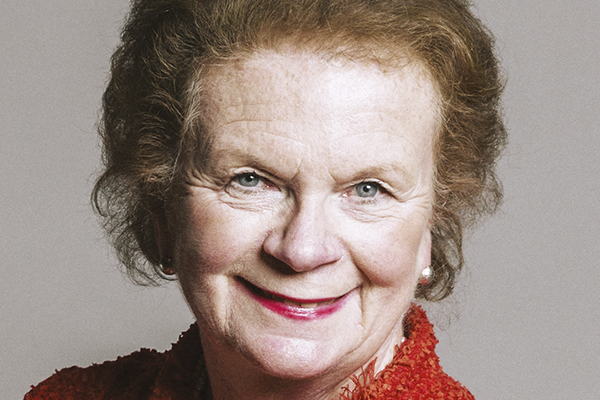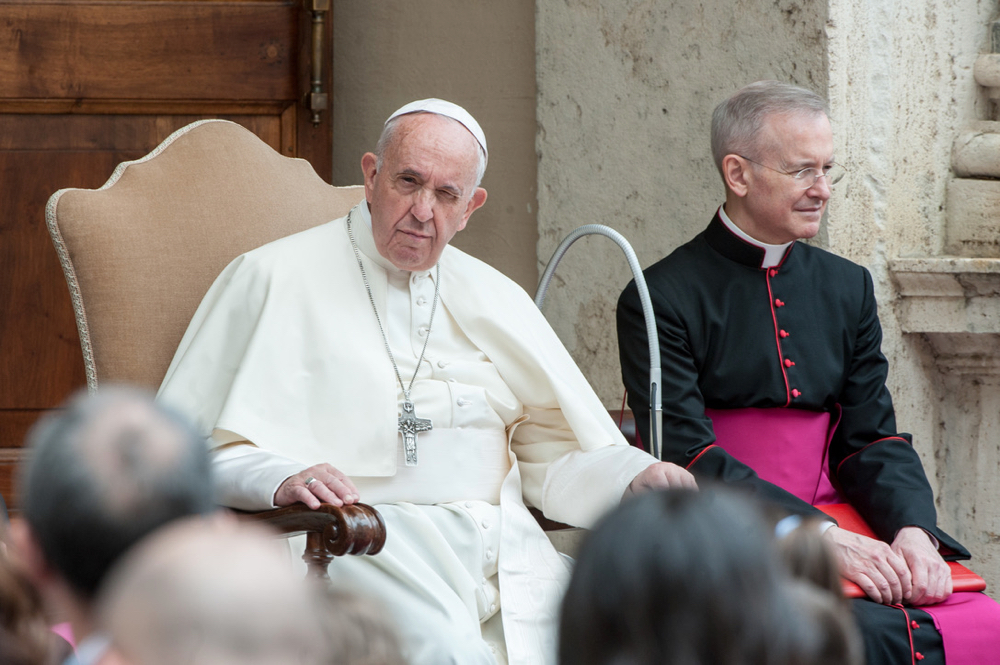Debate over end-of-life treatment is raging in Australia after the introduction of euthanasia laws in the state of Victoria this week.
Other states are looking at similar legislation.
Four of Victoria’s Catholic bishops signed a pastoral letter reaffirming their opposition to so-called Voluntary Assisted Dying (VAD) that became law on June 19, allowing terminally ill Victorian adults the right to request their doctor’s help to die.
“We cannot cooperate with the facilitation of suicide, even when it seems motivated by empathy or kindness,” said Melbourne Archbishop Peter Comensoli and Bishops Paul Bird (Ballarat), Patrick O’Regan (Sale) and Leslie Tomlinson (Sandhurst) in the letter.
“All of us who hold a principled opposition to euthanasia are now, in effect, conscientious objectors,” said the bishops.
“Pope Francis has encouraged ordinary Catholics everywhere to resist euthanasia and to protect the old, the young and the vulnerable from being cast aside in a ‘throw-away culture’.
“Instead, Francis calls us to follow Christ by accompanying people with compassion, sharing hope not fear.”
To be eligible, Victorian patients would have to be in intolerable pain and with less than six months to live, or 12 months for neurodegenerative diseases.
Patients are barred from travelling from overseas or other states to access the euthanasia laws in Victoria.
People would be able to voluntarily end their lives within about three weeks if they were to apply immediately.
Around 12 people are expected to opt for VAD this year, prompting euthanasia activists to hail the laws, but describe them as too stringent.
Philip Nitschke told Melbourne's The Age newspaper that the legal conditions for euthanasia are "too strict and onerous" and could result in "challenges to the law pressing to broaden access".
Queensland, Western Australia and South Australia all have inquiries considering similar end-of-life law changes.
Leading Catholic bioethicist Margaret Somerville, speaking to at a pro-life conference in Queensland’s capital, Brisbane, warned of “the slippery slope of death”, and described how pro-euthanasia advocates argued their case as “just an incremental change and no different from medical treatments we already accept”.
“Legalising euthanasia represents a seismic shift in our fundamental societal values,” said Professor Somerville, from the University of Notre Dame Australia.
“History will see what we decide about it as having been one of the defining events of the first decades of the 21st century and possibly the entire century for our western democratic societies in terms of each one’s shared collective values.”
She said euthanasia advocates described the practice "euphemistically" as “medical treatment” and “medically assisted death”.
“Euthanasia is not medical treatment because it is irreconcilable with medicine’s mandate to heal,” she said.
Catholic Health Australia (CHA), that provides about 10 per cent of the country’s hospital-based health care and 20 per cent of its home care and support for the elderly, confirmed no end-of-life services will be offered in Catholic hospitals. "Our services will neither provide nor facilitate" assisted dying, CHA said in a statement.
Instead, CHA raised its concern at “the lack of adequate and timely access to excellent palliative care in Victoria” and urged the government to expand these services, particularly to those in rural areas.
“When our patients are dying, we assist them to die in comfort and with dignity,” said CHA, noting that its health care providers “withdraw life-prolonging treatments when they are medically futile or overly burdensome or when a person wants them withdrawn.”



 Loading ...
Loading ...